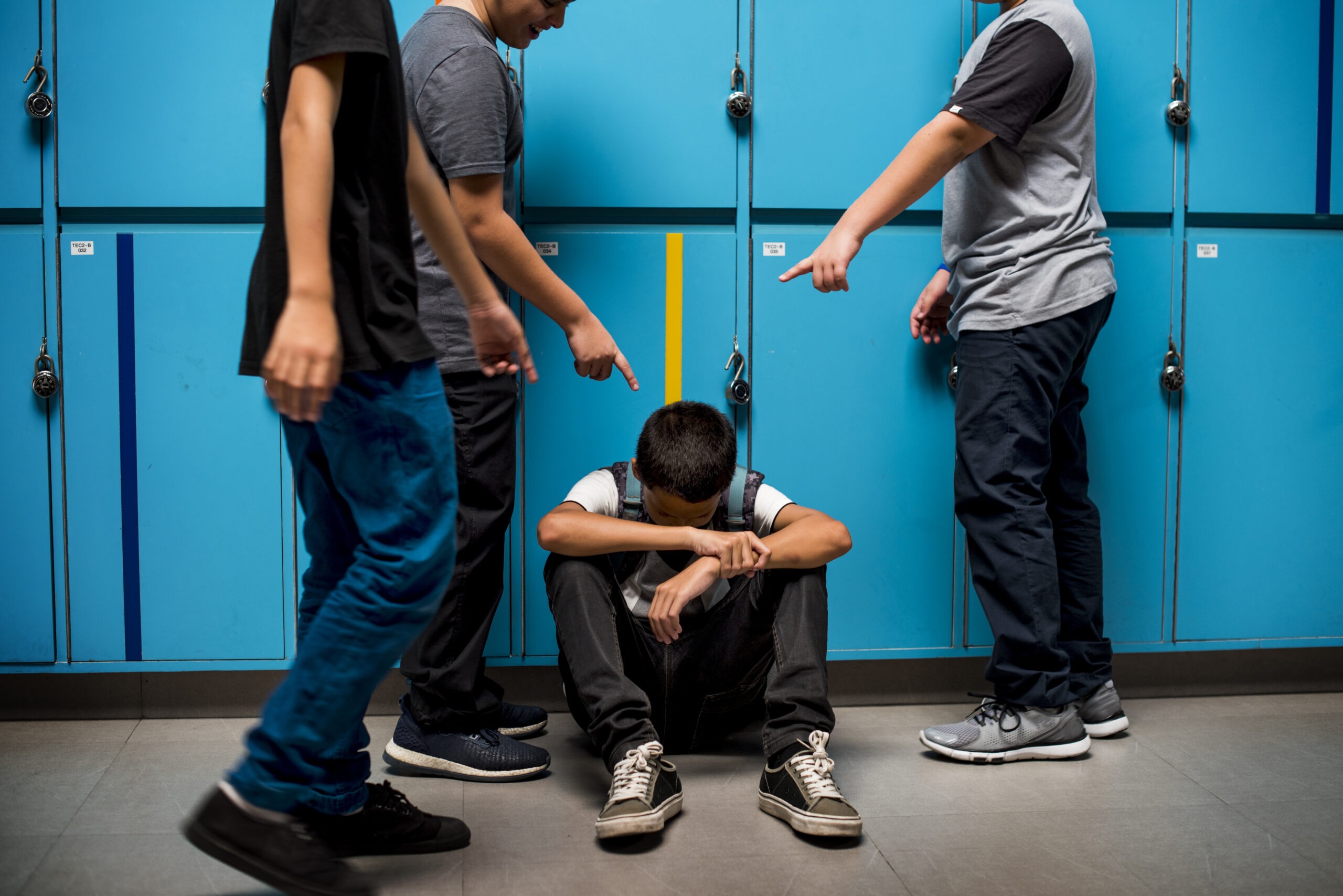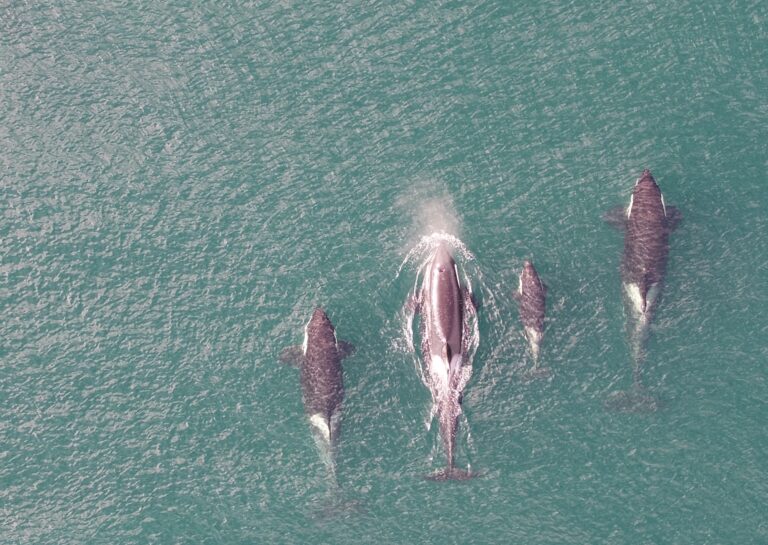Half of Canadian kids witness ethnic, racial bullying at school: study
Fifty-eight per cent of Canadian youth say they have seen kids insulted, bullied or excluded based on their race or ethnicity at school, according to new survey data from the Angus Reid Institute in partnership with the University of British Columbia.

Fifty-eight per cent of Canadian youth say they have seen kids bullied based on their race or ethnicity at school, according to new survey data from the Angus Reid Institute in partnership with the University of British Columbia. Credit: Shutterstock
Fifty-eight per cent of Canadian youth say they have seen kids insulted, bullied or excluded based on their race or ethnicity at school, according to new survey data from the Angus Reid Institute in partnership with the University of British Columbia.
Fourteen per cent say they’ve experienced it themselves, with visible minority children three times as likely, and Indigenous children twice as likely, as white children to say that they have faced personal abuse themselves, the study finds.
The study, which surveyed 872 Canadian youth aged 12 to 17, is the third in a series created in partnership between the Angus Reid Institute and UBC. The first study helped inform a three-day virtual event, the inaugural National Forum on Anti-Asian Racism, hosted by UBC in June. The latest study is being published in tandem with a report on the key takeaways from the National Forum event that aims to mobilize community and government stakeholders to take action against anti-Asian and other forms of racism in Canada. Ryerson University will host the next National Forum on Anti-Asian Racism: Building Solidarities event on Nov. 9 and 10.
“No child should ever experience bullying and exclusion because of their race or ethnicity, but sadly, this study finds that racism is a daily reality for many Canadian children,” says UBC President and Vice-Chancellor Santa J. Ono (he/him). “I am hopeful that this study, along with our report from UBC’s inaugural National Forum on Anti-Asian racism, will spur urgently needed national conversations in the fight against racism in Canada.”
Survey respondents were also asked about a number of issues and events related to racial discrimination throughout Canada’s history to gauge their self-reported level of awareness of these issues and events. One-quarter (26 per cent) of respondents say they learned a lot about racism in Canada throughout history at school, but nearly as many (21 per cent) say they haven’t learned anything at all about it. Furthermore, one-third of kids say they never learned anything about slavery in Canada, half say they didn’t learn of the internment of Japanese Canadians during the Second World War, three-in-five say schools didn’t teach them about the head tax on Chinese immigrants, and four-in-five say the Komagata Maru ship never came up in their classrooms.
“The findings on how many kids experience racial bullying and harassment is disturbing, but what it is more shocking is what our children are not learning in school,” says Dr. Henry Yu (he/him), associate professor in the UBC department of history and National Forum planning committee member. “These results bear out the summary findings from the National Forum on Anti-Asian Racism in June—that we have a national problem with ignoring or denying racism. If more than half of our children have never learned even the basics of Canada’s long history of racism, we will never solve this ongoing problem.”
Dr. Lindsay Gibson, assistant professor in the UBC department of curriculum and pedagogy who studies history and social studies curriculum, teaching and learning, says the findings suggest that far too many Canadian students are learning little to nothing about the long history of racial discrimination and enslavement in Canada.
“While it is encouraging that most students reported learning at least something about Indigenous treaties, land claims, and residential schools, the majority did not learn about specific examples of anti-Asian racism,” he says. “Providing students with a more comprehensive understanding of the history of racism in Canada demands more than adding a few racist events and topics to the curriculum. It must also include professional learning support for practicing teachers, the development of high-quality learning resources for all grades, and increased anti-racist education in teacher education programs.”
More key findings:
- Children who have experienced or witnessed racism at their school say, most often, teachers try to discourage the behaviour and talk to the bullies about it. But one-quarter (23 per cent) say teachers ignore racist behaviour, or are unaware of it.
- Among those who say that they have been the target of ill treatment, 43 per cent say it is something that they carry with them after it happens. More than half (57 per cent) say it doesn’t bother them, or they’re able to move past it.
- Children in more diverse schools are significantly more likely to say that they have learned about racism in Canada’s history, Indigenous treaties, residential schools, and multiculturalism, than those who say their student body is made up of kids from mostly the same background.
The online survey was conducted by the Angus Reid Institute from Aug. 24-27 among a representative randomized sample of 872 Canadians aged 12 to 17, whose parents are members of Angus Reid Forum. For comparison purposes only, a probability sample of this size would carry a margin of error of +/- 3 percentage points, 19 times out of 20.
The full survey results are available here. The National Forum on Anti-Asian Racism report is available here.



